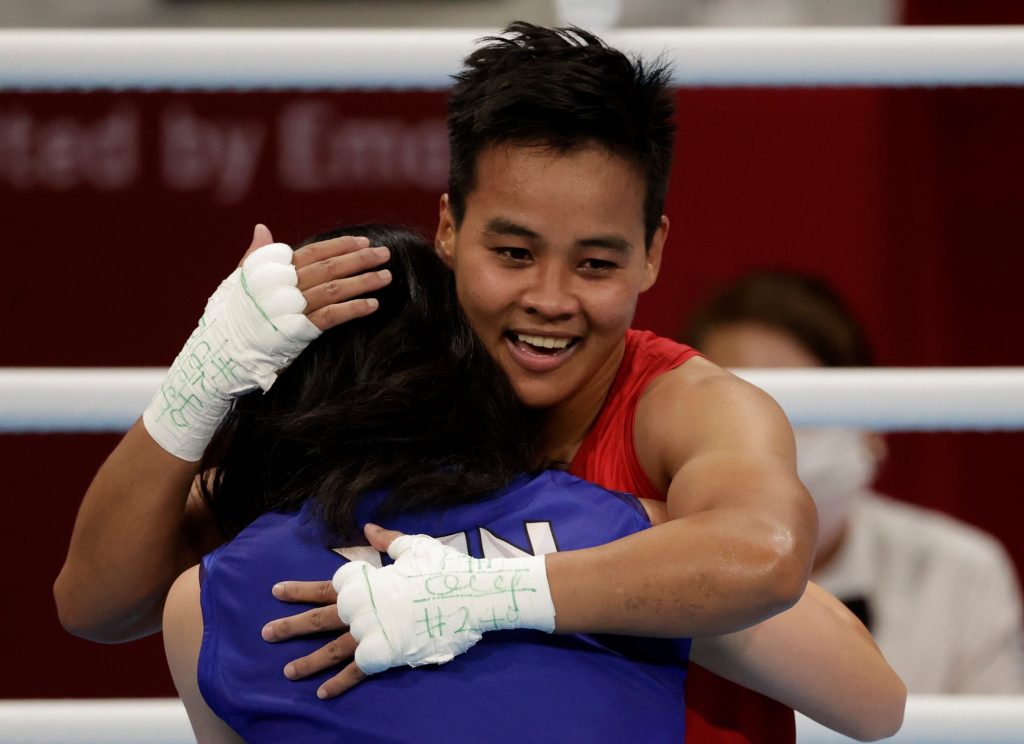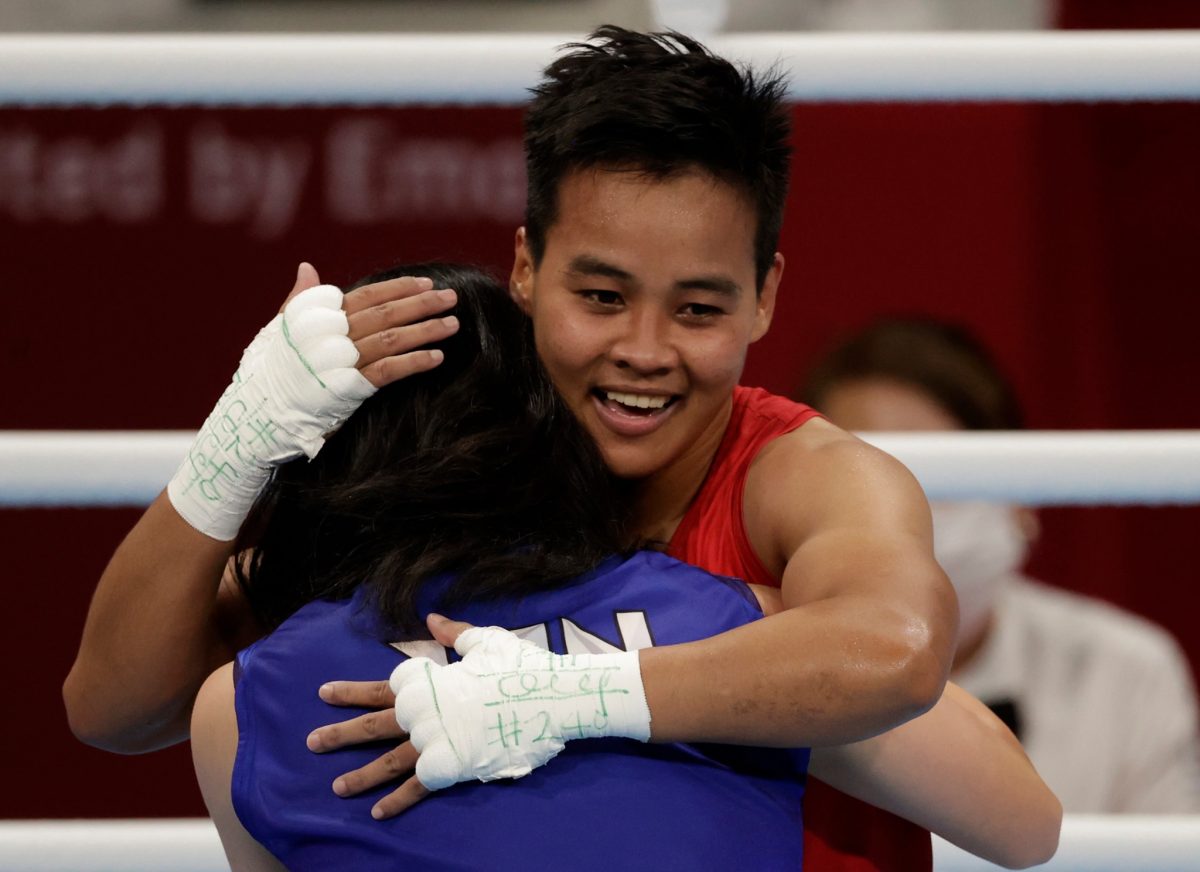(This is an expanded version of my Fair Play column for SunStar Cebu’s Aug. 4 edition)
For the third time in an Olympic boxing final, the Philippines lost via decision. But unlike the first two times in Anthony Villanueva and Mansueto Velasco, nobody was crying daylight robbery after Nesthy Petecio settled for the silver medal in her featherweight clash with Sena Irie, her third loss in four fights to the Japanese.
I wasn’t born yet when Villanueva lost to Stansilav Stephaskin of Russia in 1964, the bout in which the late Joe Cantada said the Philippines was robbed of a gold medal. As a freshman college student, I was glued to the TV like millions of others during that fateful midnight when Mansueto Velasco’s punches weren’t registering against Bulgarian Daniel Petrov Bujilov, leading commentator Ron delos Reyes to cry daylight robbery.

Boxing then was using a unique computerized method, which called for at least three of the five judges to punch a button following a punch for it to merit a point. Obviously, fans can see a lot of “cheating” especially if they see a punch that the judges couldn’t. I saw that first hand less than a decade later, when I covered boxing in the Southeast Asian Games in 2005 and saw how one Pinoy’s punches weren’t registering against a Thai fighter.
That scoring system was dropped in favor of the 10-point used by the pros starting in the 2016 Olympics.
And in the Tokyo Olympics, one more thing that went for us is that AIBA—the international body for boxing—isn’t running the event, having been suspended by the IOC for issues concerning refereeing and judging, aside from finance and governance.
The most infamous incident concerning AIBA happened in 2011 when an undercover BBC crew said it uncovered a $9 million payment for the World Series of Boxing—AIBA’s pet event—by an Azerbaijani in exchange for a couple of gold medals. (You can watch the 10-minute BBC report here.)
AIBA denied all charges of course but in the London Olympics, one Azerbaijani boxer dropped to the canvas six times and the ref waived off all knockdowns and went on to win, a victory that was later reversed.
We had our own share of scoring controversy in London, when gold medal hopeful Mark Barriga lost Kazakhstan in the round-of-16. Barriga got deducted two points in round three for a head-butt, which Abap said should have merited a second warning, not an outright deduction. (Check ABS-CBN’s story on the Abap appeal).
Yes, this year’s boxing games is run by a special committee led by Morinari Watanabe, the head of the international federation for gymnastics, another sport that relies on judges but hasn’t had any controversies that boxing has had.
No, in case you’re thinking, it wasn’t a hometown decision. All five judges gave the first round to the Japanese and four of five gave the second to Petecio. The third all went to Irie for a unanimous decision win of 29-28 (four times) and 30-27. The last score may be debatable, but what’s the point?
It was, as they all say, a match that could have gone both ways. Still, not a bad showing for Petecio, who still makes history as the first Filipina to win a medal.
And along with that spot of history is P17 million in cash—P5 million from the Incentives Act, P5 million each from Ramon S. Ang and the MVP Sports Foundation and P2 million from Mikee Romero. She also gets a P2.5 million house by Ovialand and lot, and a P10 million condo in Davao City courtesy of Andrew Tan. That’s considerably more than what Hidilyn Diaz got for her silver in Rio.
